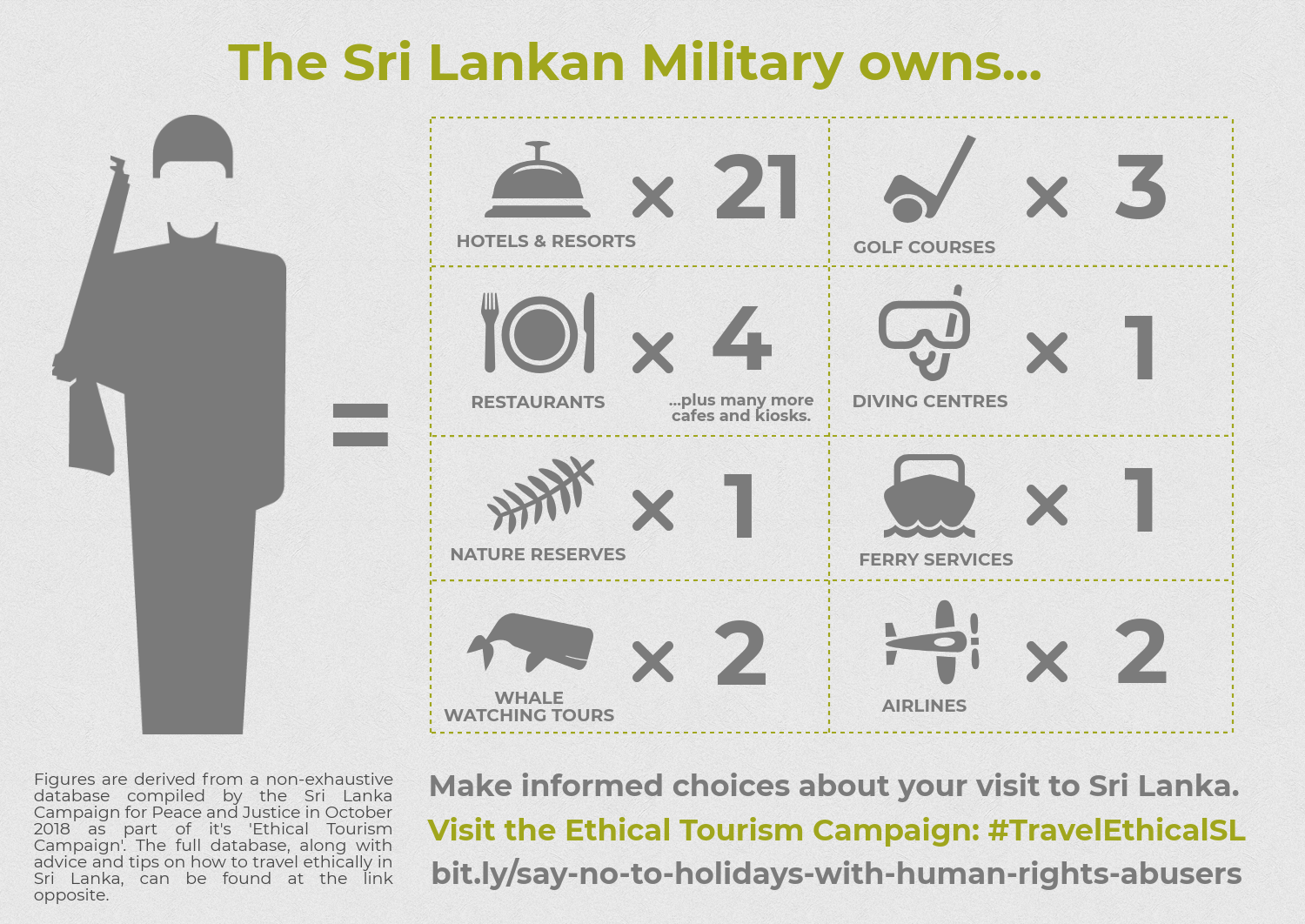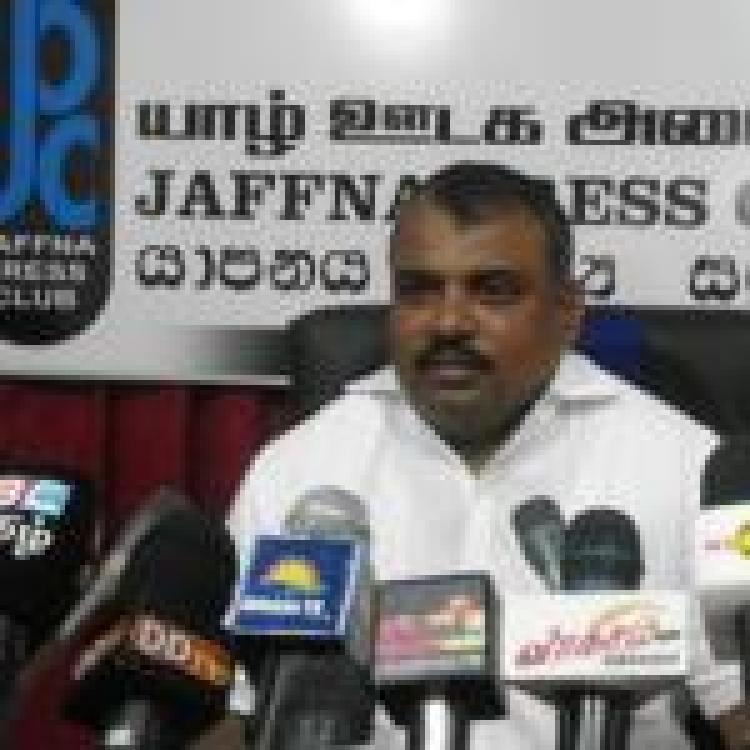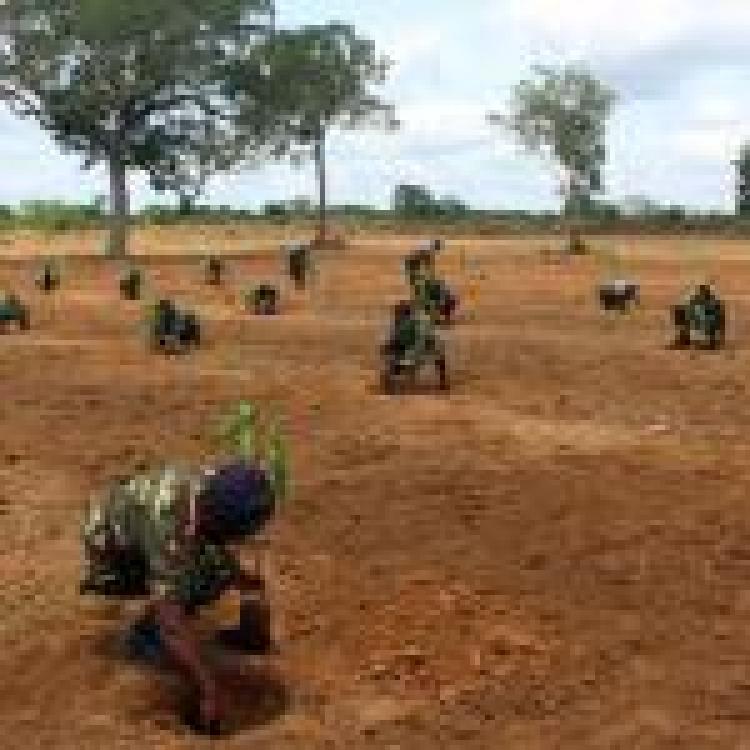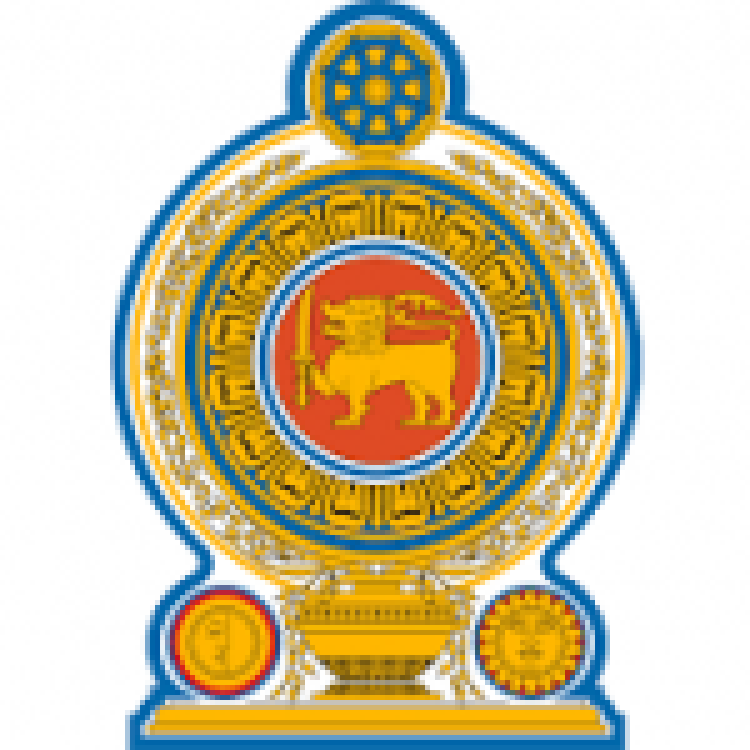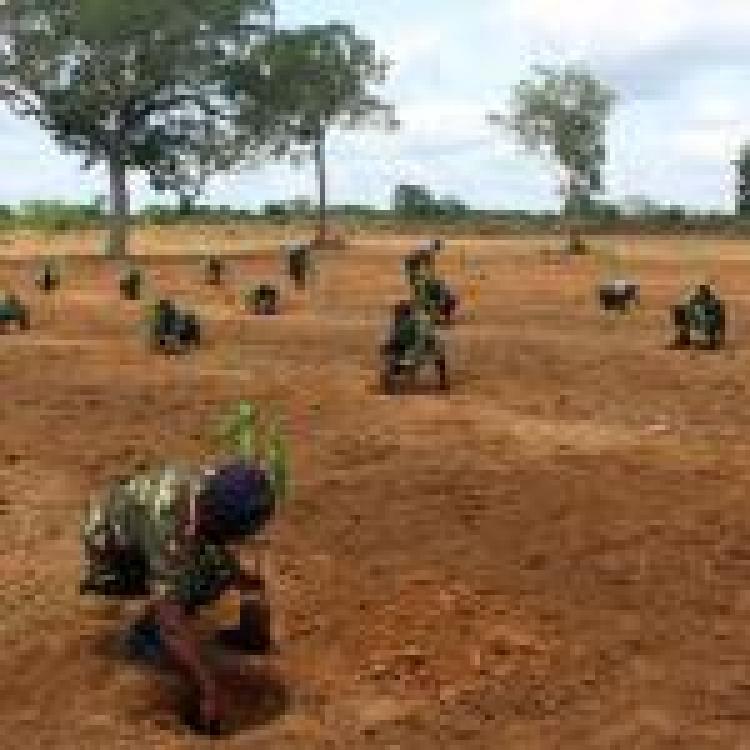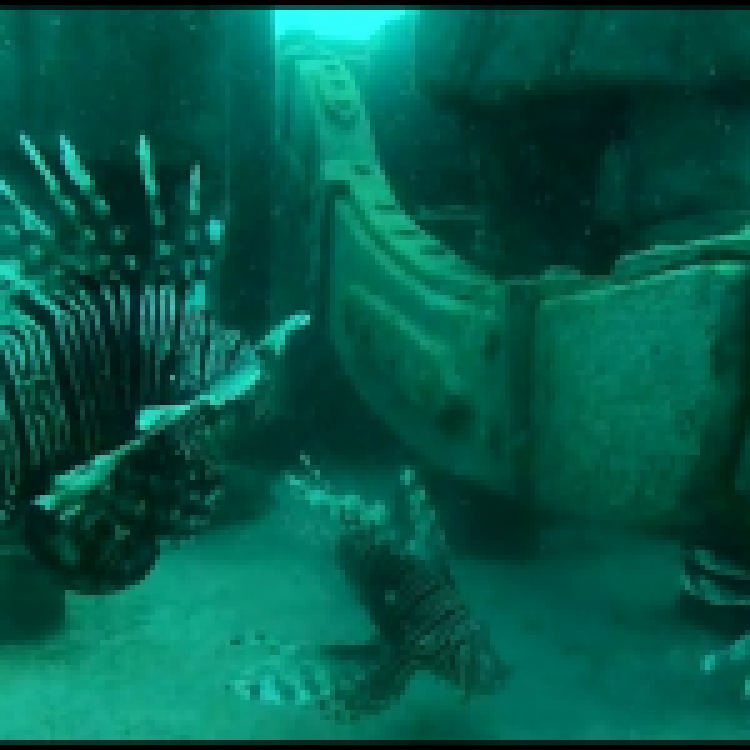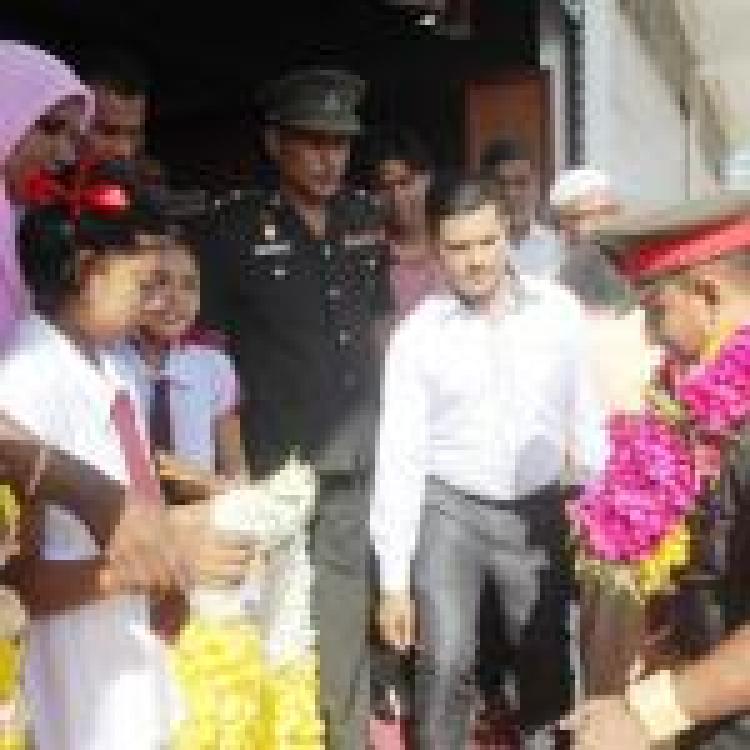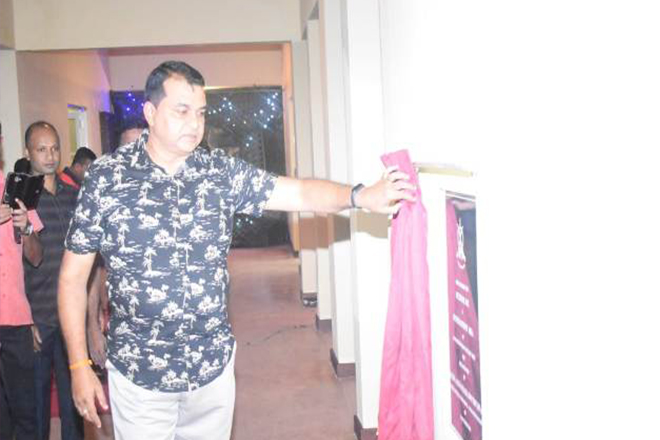
General Indrajith Bandara
The Sri Lankan Army opened a newly constructed bar and mess hall for soldiers in Mannar, on occupied Tamil land.
The outdoor bar and entertainment area were opened by the Commanding officer of the 54 Infantry Division, Indrajith Bandara.
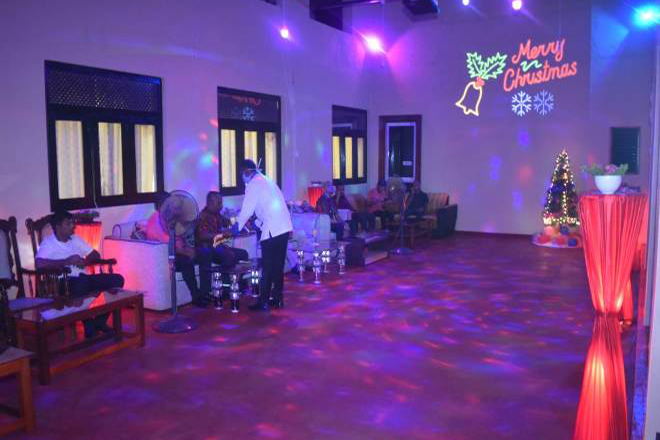
Militarisation of the Tamil homeland
Over a decade has passed since the end of the armed conflict yet the Sri Lankan military continues to occupy vast swathes of the Tamil homeland. Intense militarisation continues to be a pressing issue for the Tamil population. In particular, the armed forces have set up and continue to run several civilian businesses in the region, including holiday resorts for tourists.
The Civil Security Department (CSD), a branch of the military established by Gotabaya Rajapaksa is an example of increased involvement of the military In civilian affairs.
A report published by Adayaalam Centre for Policy Research highlights the detrimental role the CSD play in the Vanni. The report states:
"The growth of the CSD in the Vanni points to the larger issue of the Sri Lankan military’s failure to transition into a reduced post-war role. Instead, the military’s approach to its post-war role has been to embed and normalize the process of militarisation, thereby extending its control and subjugation of Tamil populations in the Vanni. The CSD is very clearly a part of the military, and so its provision of livelihood opportunities though much needed, must be read as the creation of economic dependence on the military, rather than economic development. Through this dependence and because of its military character, the CSD also suppresses civic and political activism of its employees, and further marginalizes women employed as this report explains. Alarmingly, a consequence of the CSD has also been the beginning of a destruction of community identity and cohesiveness."
The Sri Lanka Campaign for Peace and Justice has reported on the intense militarisation across the North-East and how the government uses military-owned resorts to normalise its occupation and stifle Tamil economic development.
![]()
